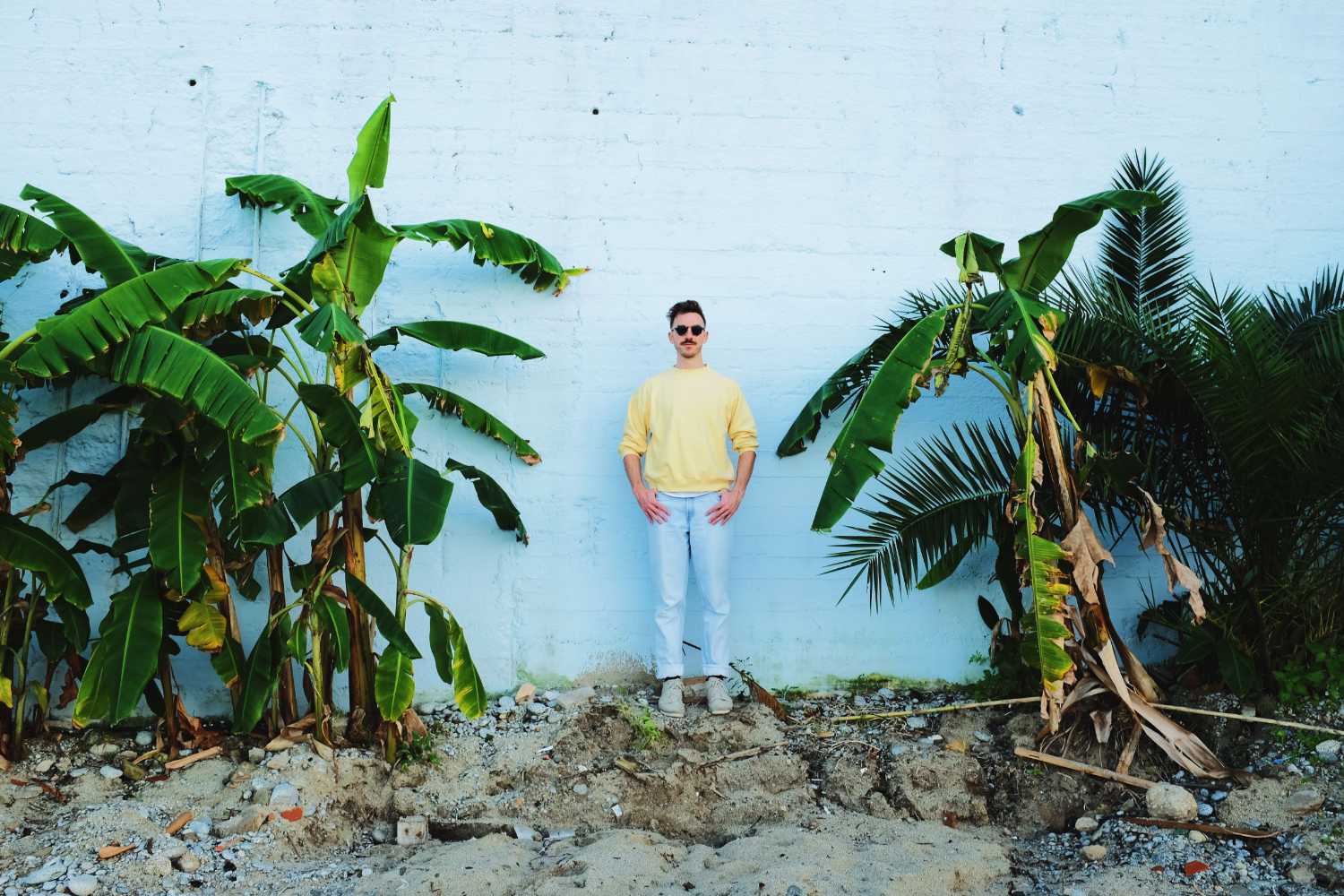
I grew up between two cultures and now live in a third one. My experience of not belonging anywhere.
November 13th, 2019 by Danilo Tesi
Hi, my name is Danilo and I’m a 36-year old human being living and working in the Netherlands. However, it hasn’t always been that way. I’m actually the child of a German mother and an Italian father and was born in the deep south of the beautiful, sunny peninsula of ‘la dolce vita’. Without a doubt, my story of growing up between cultures started exactly there, on a warm day in late September of 1983.
Are you German or what?
I admit, the title of this blog post is a little click-bait(ish) but it does come from a question that I have been asking myself throughout my entire life: am I German, am I Italian, am I part of any specific culture for that matter? I guess I wouldn’t care too much if it wasn’t for our society’s obsession with needing to categorize things and keeping complex situations predictable. ‘He’s German, must be a disciplined and precise worker’ (of course, this assumption is absolutely accurate) or ‘Ahhhh, he’s Italian: pizza pasta’. Erm….yes, I like them both a lot and I do happen to look like Super Mario at times. Thanks…I guess!
Jokes aside, I have a hard time telling what I am because I’m usually faced with strong public opinions if I take either stance. ‘No, come on! You don’t look Italian and you’re way too reserved and composed to be one’ or ‘You have the work-ethics of a German person but Germans are so stuck-up. You’re really too social to be a German’. I guess ‘culture expert’ isn’t a highly protected term.
Identity is a bitch!
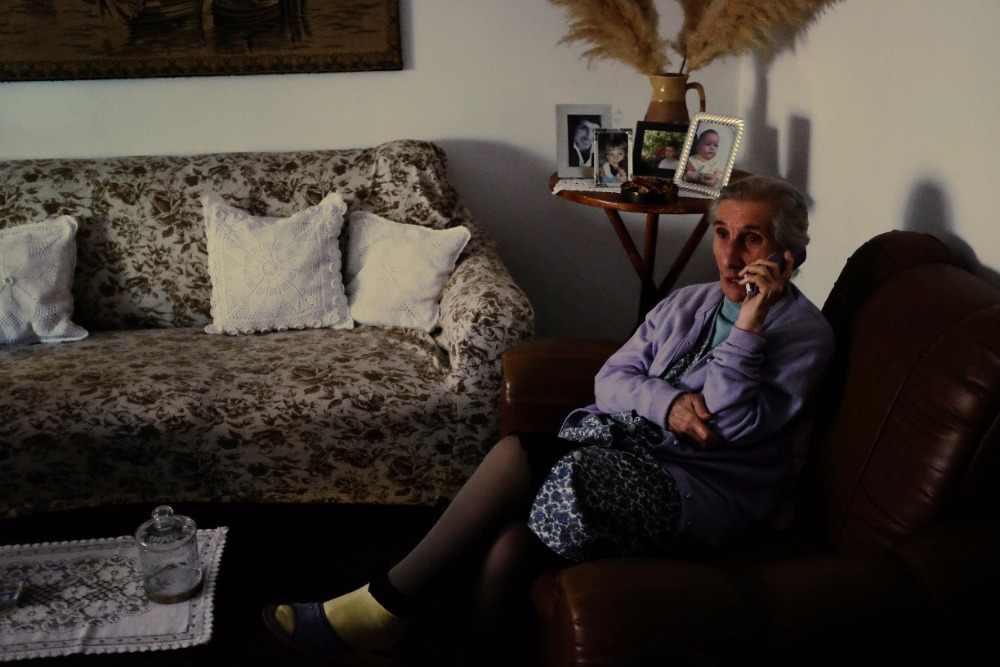
So there I was, living with my German mother who kind of was my only family member in Germany at that time while in Italy all my aunts, cousins, and their grandparents were waiting for me to pass by for a little espresso…without sugar. You know: health-conscious German!!
How did I feel about this situation? More confused than my compulsive brain fancied, I would say.
Then things got complicated and easy
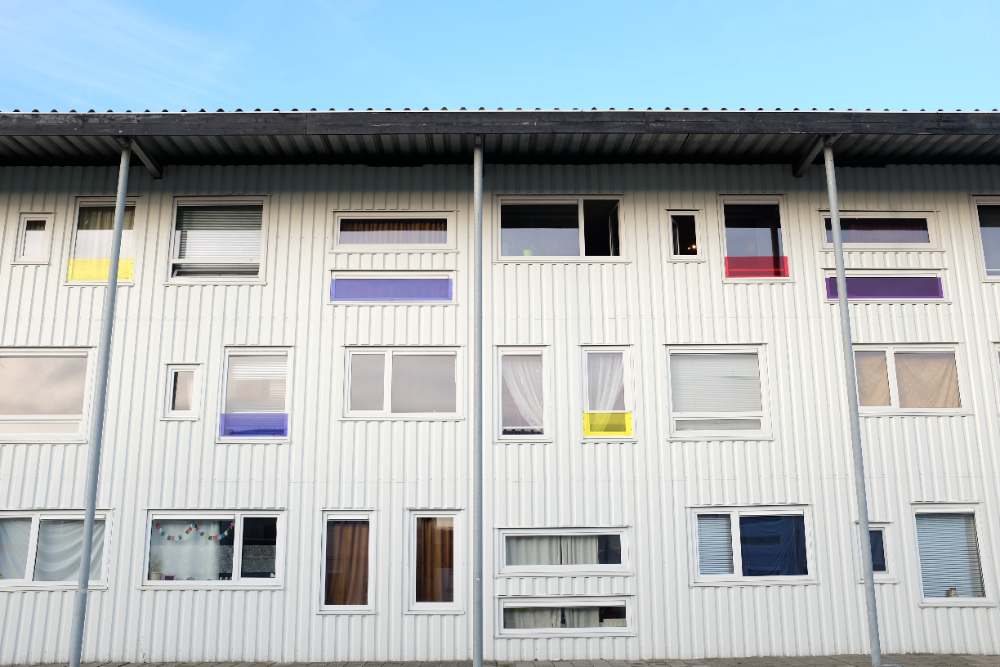
This is what I did learn in the meantime
Being triangulated, I can usually see everything that is at stake for everybody involved in any given situation – a living helicopter perspective on legs basically. Who cares that I can’t do the same for myself that easily!?
On a positive note: growing up and living in between cultures isn’t all that bad because it comes with the luxury of getting to know many details of human life which might have stayed undiscovered otherwise.
Lost in translation: let’s make it a business
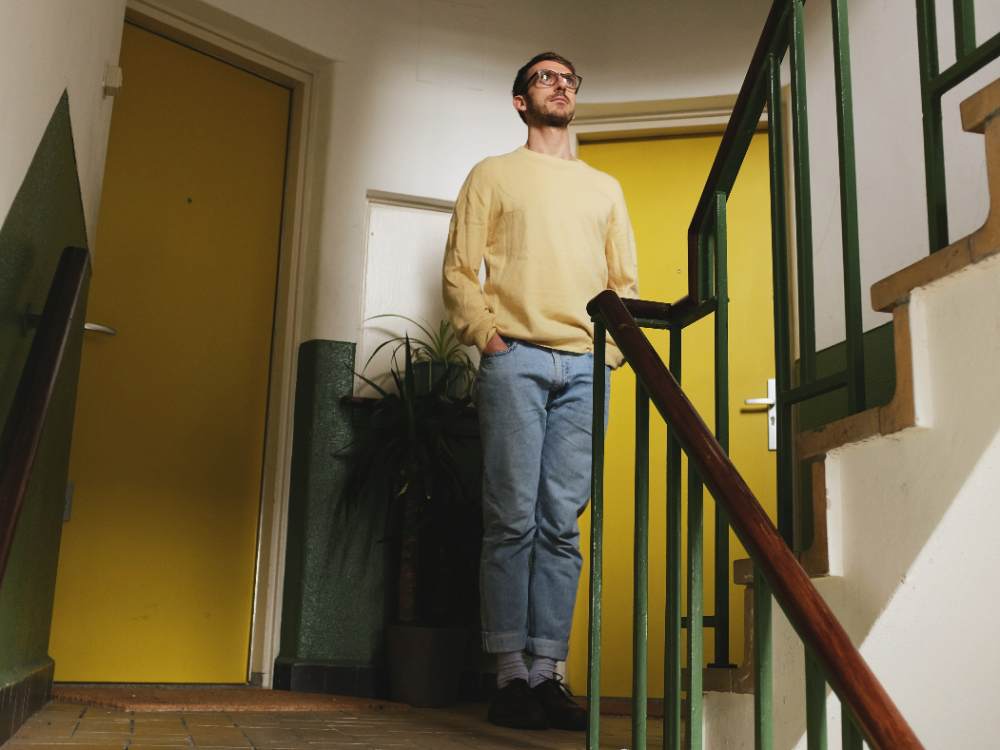
In a globalizing world, it can sometimes look as though technology was closing gaps between cultures and thereby unifying people around the globe. The ideal: making us all desire the same things to then sell to us in a standardized, constantly available, on-demand way. However, that’s bollocks, of course (read Mango Kollektiv’s interview with The Culture Guy Christian Höferle). I, for sure, don’t feel any more Japanese than before globalization started.
Yet, many business owners refuse to believe that even their next-door neighbors can be significantly different from themselves (Read more here). Consequently, they often don’t bother adapting their products and services to cater to the needs of whom they’re trying to sell to – their future customers.
A paradox that de Mooij (2019) describes more or less like this: When thinking about selling their products and services in their own country, business owners and marketers seem to care quite a bit about specific traits of their target audience to ensure better customization and better sales ultimately. However, when expanding across cultures, the focus suddenly shifts towards the product and its specific features.
Being a triangulated human being and at times a little lost in translation, I can clearly see and understand why that approach won’t do the job in most cases.
The triangulated Mango – my latest answer
Together with my co-founder Claudia, I decided to make it my mission to change that paradox. Nobody really cares about product features unless they fit their needs and aspirations which obviously are affected by their personal cultural background, their preferences and the codes which they share with friends, family, and peers.
They say: ‘if you create a business, make sure you believe in it’. At least I read that somewhere. I believe that cultures are profoundly different from another and that it needs knowledge, openness, and sensitivity to bridge gaps between them. And that’s my business.
Hi, my name is Danilo, I’m a triangulated bridge builder with a passion for German precision, Italian dolce vita, and Dutch innovation. Good enough for now?
Check our website for more information about Mango Kollektiv. Download our free eBook if you want to know more about the psychology of German consumers.

Danilo Tesi
Danilo is the co-founder of Mango Kollektiv. If you want to know more about him, click here.
If you want to find out how Mango Kollektiv’s culture-specific approach to consulting businesses can help you, click here.
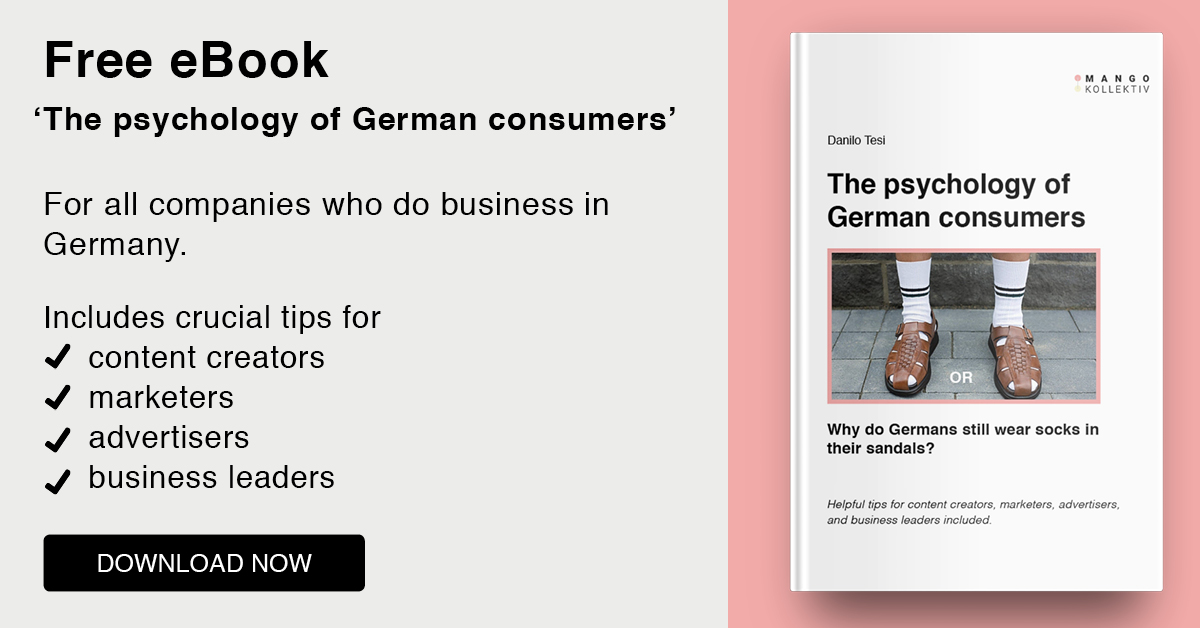
You’re so wonderful and articulate, I really identified with your piece thank you for writing this and putting the feeling into words.
Thank you so much, I really appreciate it and it makes me happy that you could connect to the text. Take care!